As 2024 draws to a close, residents in several U.S. states can look forward to a much-needed financial boost just in time for the holiday season. The latest round of stimulus payments, launched by the Internal Revenue Service (IRS) in October 2024, aims to ease the financial burden caused by inflation and the lasting effects of the COVID-19 pandemic. These government payments are designed to support low- and middle-income families and help them manage basic expenses during the holidays.
The Government’s Strategy to Combat Inflation
This Article Includes [hide]
The IRS’s latest payments are part of the broader Guaranteed Basic Income (GBI) program, an initiative focused on providing financial relief to Americans still struggling from economic hardships. With the nation grappling with high inflation rates, these targeted financial aids are a response to the cost of living adjustment (COLA) challenges many face.
Aimed at households with lower to moderate incomes, the IRS’s program represents a critical step in ensuring that families can meet essential needs while navigating inflation. The payments will arrive toward the end of 2024, providing relief just in time for the holiday season.
Who is Eligible for the IRS Stimulus Payments?
Eligibility for the IRS stimulus payments varies depending on location and income. However, the general goal is to support middle-class families and individuals making less than $75,000 annually. In some states, those with dependents are eligible for larger payments, helping to cover additional expenses during the holidays.
State-by-State Breakdown of IRS Payments
Here’s a look at the specific relief available in several states:
California: Middle-Class Tax Rebates
California has rolled out a significant tax rebate program targeting middle-class residents. Those making under $75,000 annually are eligible for a payment of up to $4,530, with families having dependents receiving even higher amounts. Payments are distributed via debit card or direct deposit, making access easy for residents.
Alaska: Permanent Fund Dividend (PFD)
Alaska’s unique Permanent Fund Dividend (PFD) program distributes the state’s resource profits to its residents. In 2024, eligible Alaskan citizens will receive a $650 payment. Those who opted for direct deposit may have already received their funds, while paper checks began arriving in early October.
Idaho: Statewide Tax Refunds
Idaho residents are also receiving tax refunds through a program that provides $300 to individuals and $600 to couples filing jointly. These payments began in September and are staggered throughout the fall, with all recipients expected to receive their refunds by the end of December.
Rhode Island: Child Tax Rebates
Rhode Island has introduced a one-time child tax rebate to help families with children. Eligible households can receive $250 per child, up to three children, for a maximum total of $750. Payments were made throughout October, providing much-needed support for families with young ones.
South Carolina: State Budget Allocations
South Carolina has allocated $1 billion from its state budget to assist residents with $800 stimulus payments. Most people received their payments in October, but additional rounds of payments are expected in the coming months as part of the state’s ongoing relief efforts.
Virginia: Individual and Couple Rebates
In Virginia, individual residents are eligible for $250 in rebates, while couples filing jointly can receive $500. These payments were made via direct deposit or paper check in October, helping Virginians stretch their holiday budgets.
Conclusion: A Financial Lift for the Holidays
As the holidays approach, these IRS-backed programs provide a welcome financial boost for families across the United States. With inflation and the lingering effects of the pandemic still affecting many, these payments will help millions of residents manage everyday expenses while offering some relief during the season. The rebates vary from state to state, but they share the common goal of ensuring that Americans can enjoy a Merry Christmas without the added stress of financial instability.

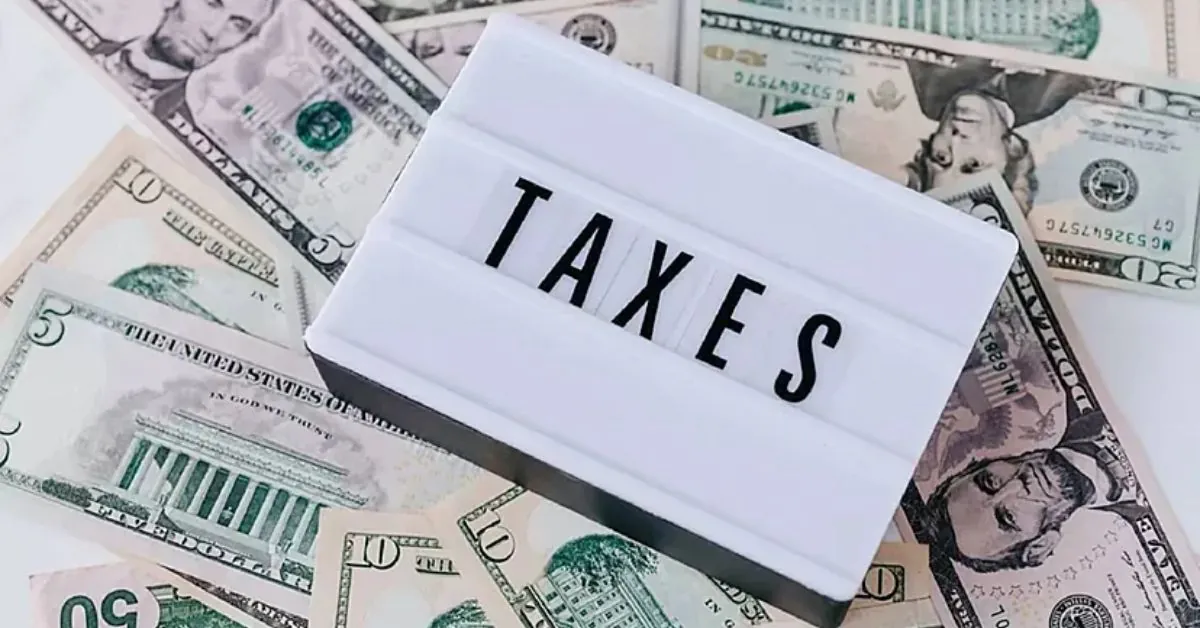
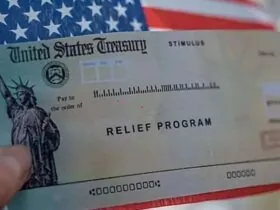
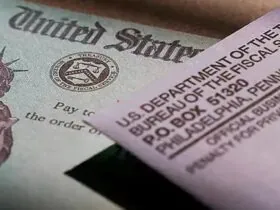
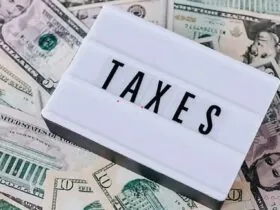
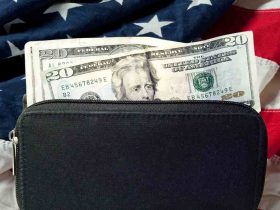

Leave a Reply